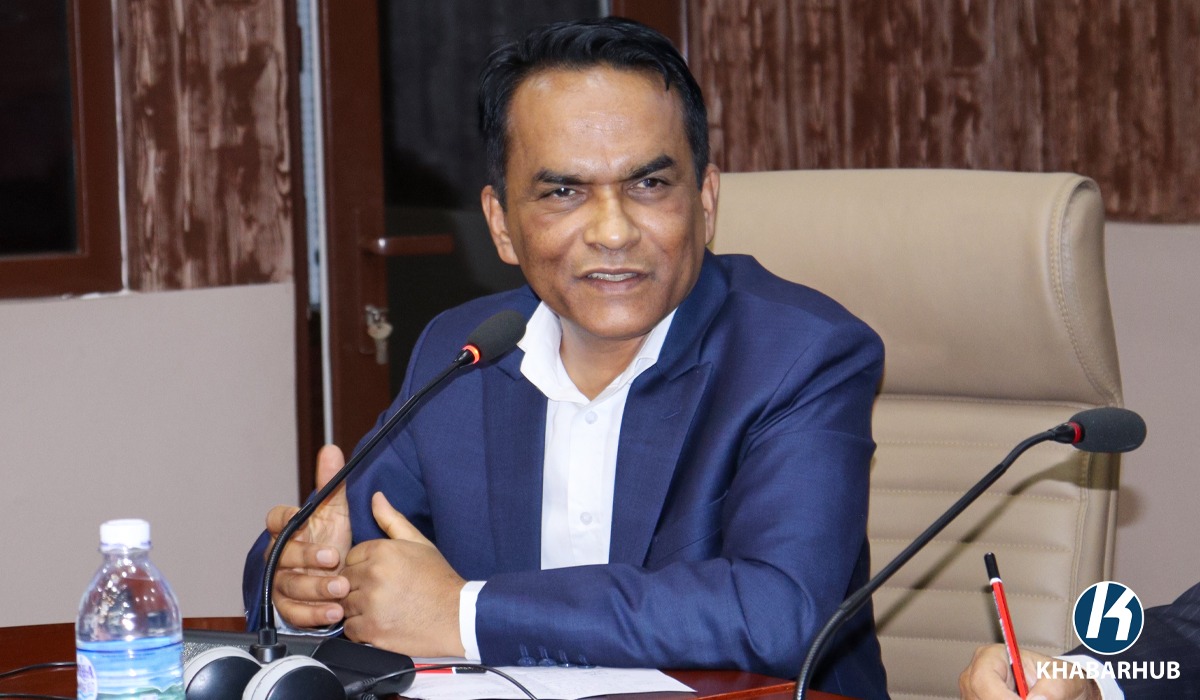We all have a general sense of the country’s economic condition. Today, I want to speak more broadly about the economy rather than focus strictly on monetary policy. Let’s talk about the problems we’re facing, the role of monetary policy, and what the future …
Why it matters
- The economy is experiencing significant challenges that require attention beyond monetary policy.
- Understanding the interplay between economic issues and monetary policy is essential for anticipating future trends.
- Addressing these challenges is vital for maintaining stability and growth in the economy.
In recent discussions concerning the state of our nation’s economy, it becomes increasingly evident that the challenges we face extend well beyond the realm of monetary policy. While monetary policy is a crucial tool in managing economic conditions, it is essential to take a broader approach when analyzing the various issues impacting our economy today.
The current economic landscape is marked by a series of pressing challenges, including inflationary pressures, supply chain disruptions, and labor market fluctuations. These issues collectively shape the economic environment and require a comprehensive understanding for effective policy formulation.
One of the most significant concerns is the rising inflation rate, which has been affecting consumers and businesses alike. Prices for essential goods and services have soared, straining household budgets and altering spending habits. This inflationary trend is not merely a consequence of monetary policy but is also influenced by external factors such as geopolitical tensions, energy prices, and ongoing disruptions in global supply chains. As a result, households are feeling the pinch, and businesses are grappling with increased costs, which can stifle growth and innovation.
In addition to inflation, the labor market presents its own set of challenges. While there have been signs of recovery following the disruptions caused by the pandemic, workforce participation remains below pre-pandemic levels. Employers are struggling to find qualified candidates, leading to labor shortages in various sectors. This situation not only hampers economic growth but also raises concerns about long-term productivity and competitiveness.
The role of monetary policy is undeniably critical in navigating these economic challenges. Central banks have implemented various measures aimed at stabilizing the economy, such as adjusting interest rates and employing quantitative easing strategies. However, these measures may not be sufficient on their own to address the underlying issues that are affecting economic health. It is essential to recognize that while monetary policy can provide short-term relief, it cannot solve structural problems within the economy.
Looking ahead, it is crucial for policymakers to adopt a more holistic approach to economic management. This includes not only careful consideration of monetary policy but also proactive measures to address the broader economic challenges we face. Initiatives aimed at enhancing workforce development, investing in infrastructure, and fostering innovation can play a significant role in revitalizing the economy.
Moreover, collaboration between government, businesses, and educational institutions is essential for creating an adaptable workforce that meets the demands of a rapidly changing job market. By prioritizing skills training and education, we can ensure that workers are equipped to thrive in emerging industries and contribute to sustainable economic growth.
Another key aspect is the need for greater resilience in our supply chains. The disruptions experienced during the pandemic have highlighted vulnerabilities and the importance of diversifying supply sources. By investing in local production and fostering partnerships with a wider array of suppliers, businesses can mitigate risks and enhance their capacity to respond to unforeseen challenges.
In summary, while monetary policy remains an important component of economic management, it is imperative to adopt a broader perspective that encompasses the various challenges facing our economy. By addressing inflation, labor market dynamics, and supply chain resilience, we can pave the way for a more stable and prosperous economic future. This multifaceted approach will not only help in managing current challenges but will also lay the groundwork for sustainable growth in the years to come.











